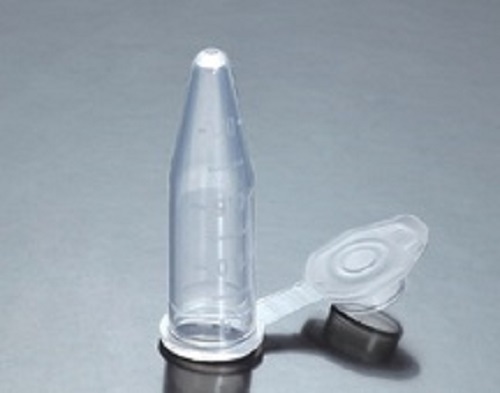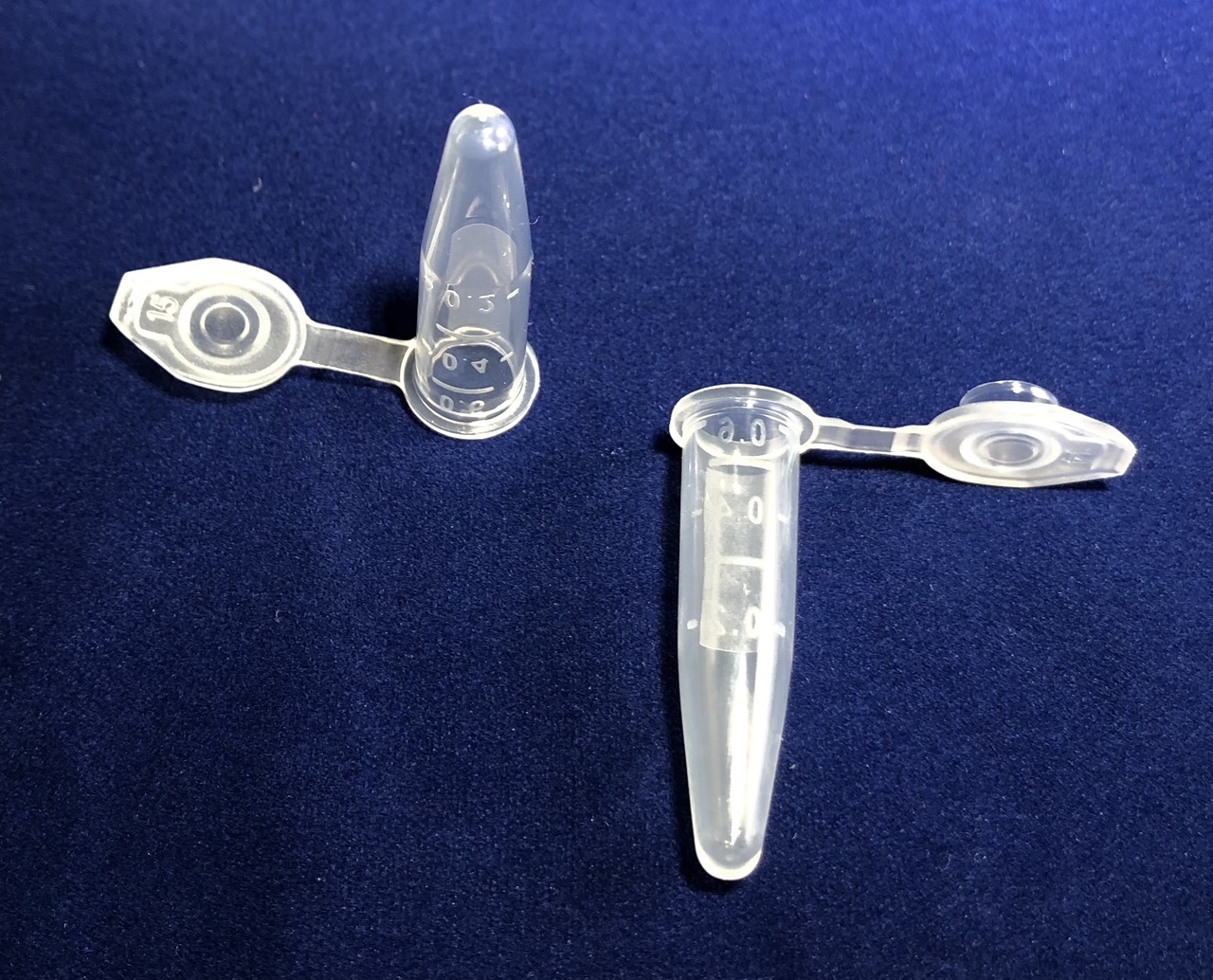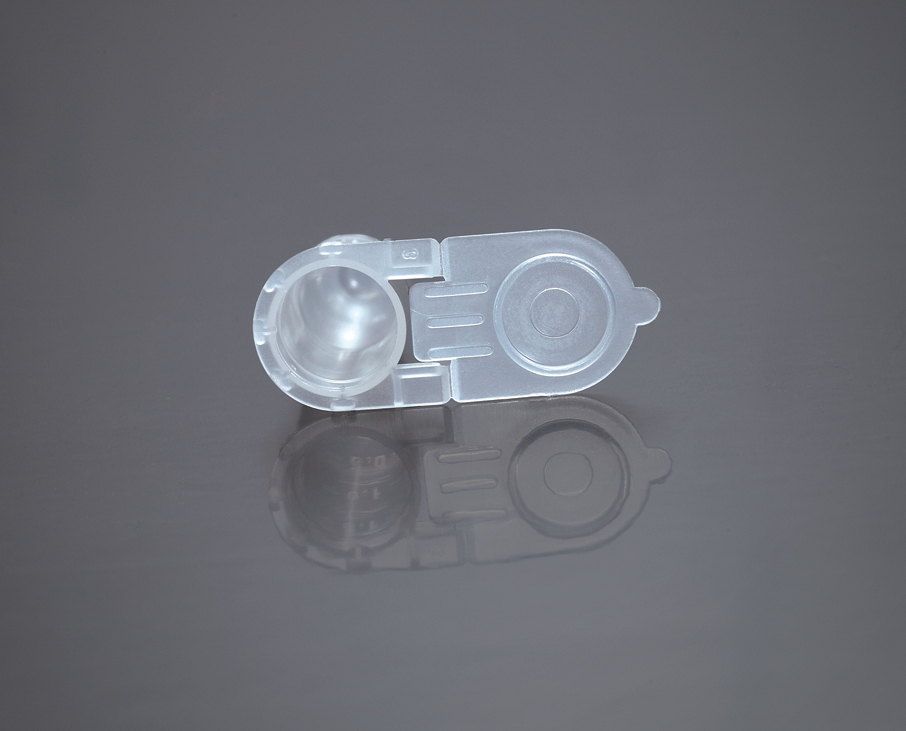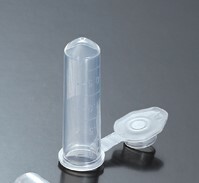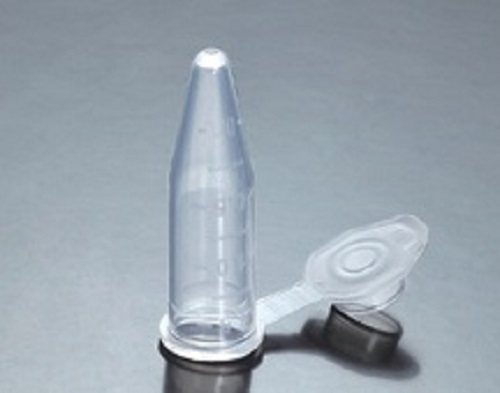Microcentrifuge Tubes
Microcentrifuge tubes can be designed for general purpose use or for specialized tasks. When purchasing microcentrifuge tubes, consider whether you need a tube for just one task or if you would like a tube that will work throughout your entire experiment. Some of the common requirements for tubes are listed below.
Centrifugation (RCF, temperature, and length of run)
Microcentrifuge tubes are rated for maximum relative centrifugal forces (RCF). If your experiment is spinning at or near the maximum, note the temperature and length of time of your experiments. Higher temperatures and longer run times create additional stresses during centrifugation. Also, as laboratory centrifuges become more powerful, watch that your tube’s limits are keeping up with the forces of your new equipment. Excessive stress can cause deformation, cracking, or breakage if your tube is not strong enough.
Closing and Sealing
Your experiment may require you to use multiple tubes, in that case one thing you may consider is a tube cap that is easy to open and improves experiment efficiency. Opening and closing forces vary among tube brands and can be influenced by materials, cap design, production tolerances, and temperature. Broad, beveled cap rims help distribute opening forces for more comfortable handling.
Packaging
Tubes should be securely packaged in plastic to protect their cleanliness. Tamper evident strips will let you know if anyone else in the lab may have opened the bag, and resealable zip tops help you avoid spills or contamination after the bag is opened. RNase, DNase, and DNA free certification is recommended for molecular biology applications. Sterilized tubes provide additional convenience and pyrogen-free testing.
Showing all 7 results
-
Microcentrifuge Tubes
Micro Centrifuge Tubes 1.5 ml – Sterile (Package of 50)(4000 tubes per case)
$223.00 -
Sale!
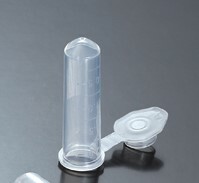 Out of stock
Microcentrifuge Tubes
Out of stock
Microcentrifuge TubesMicro Centrifuge Tubes 2 ml – Sterile (4000 tubes per case)
Original price was: $174.00.$89.00Current price is: $89.00. -
Microcentrifuge Tubes
Micro Centrifuge Tubes 0.5 ml – Sterile (8000 tubes/case)
Original price was: $289.00.$180.00Current price is: $180.00. -
Microcentrifuge Tubes
Micro Centrifuge Tubes 1.5 ml – Sterile – FLIP CAP (4000 tubes/case)
Original price was: $168.00.$98.00Current price is: $98.00. -
Microcentrifuge Tubes
Micro Centrifuge Tubes 2 ml – Sterile (Package of 50)(4000 tubes/case)
Original price was: $272.00.$189.00Current price is: $189.00. -
Sale!
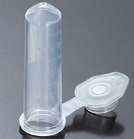 Out of stock
Microcentrifuge Tubes
Out of stock
Microcentrifuge TubesMicro Centrifuge Tubes 5 ml – Sterile (1800 tubes per case)
Original price was: $300.00.$150.00Current price is: $150.00.

